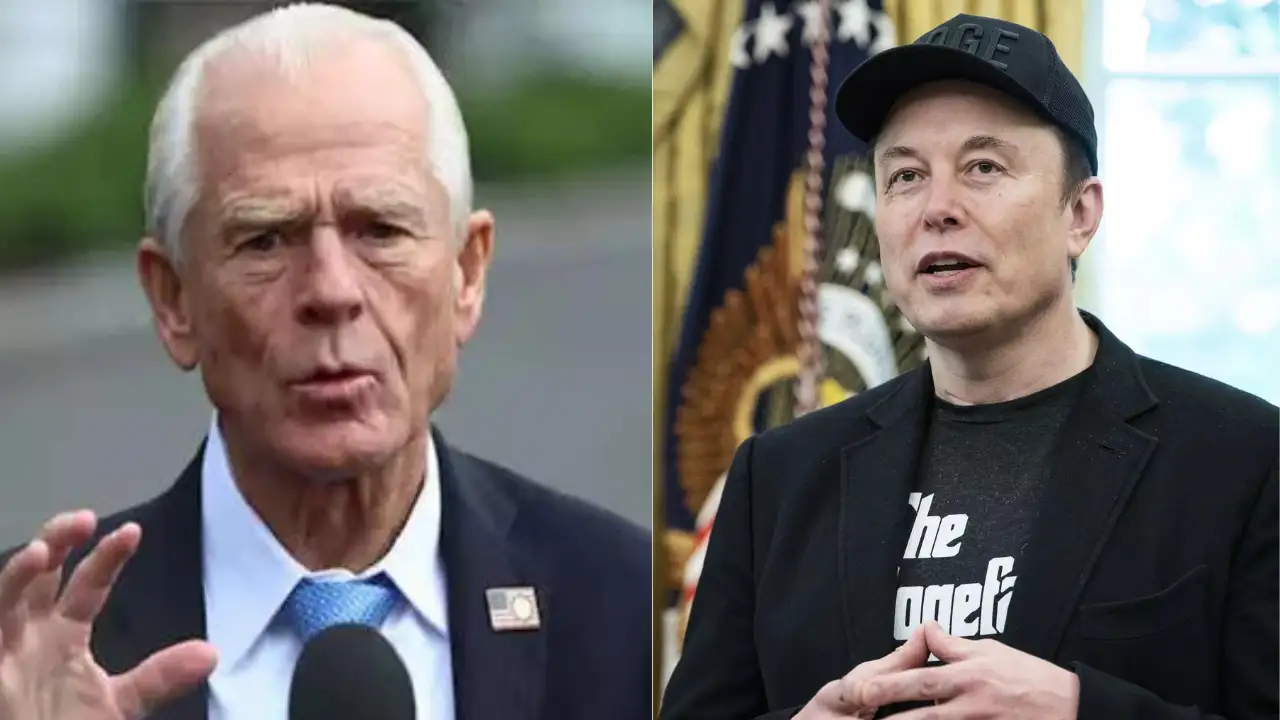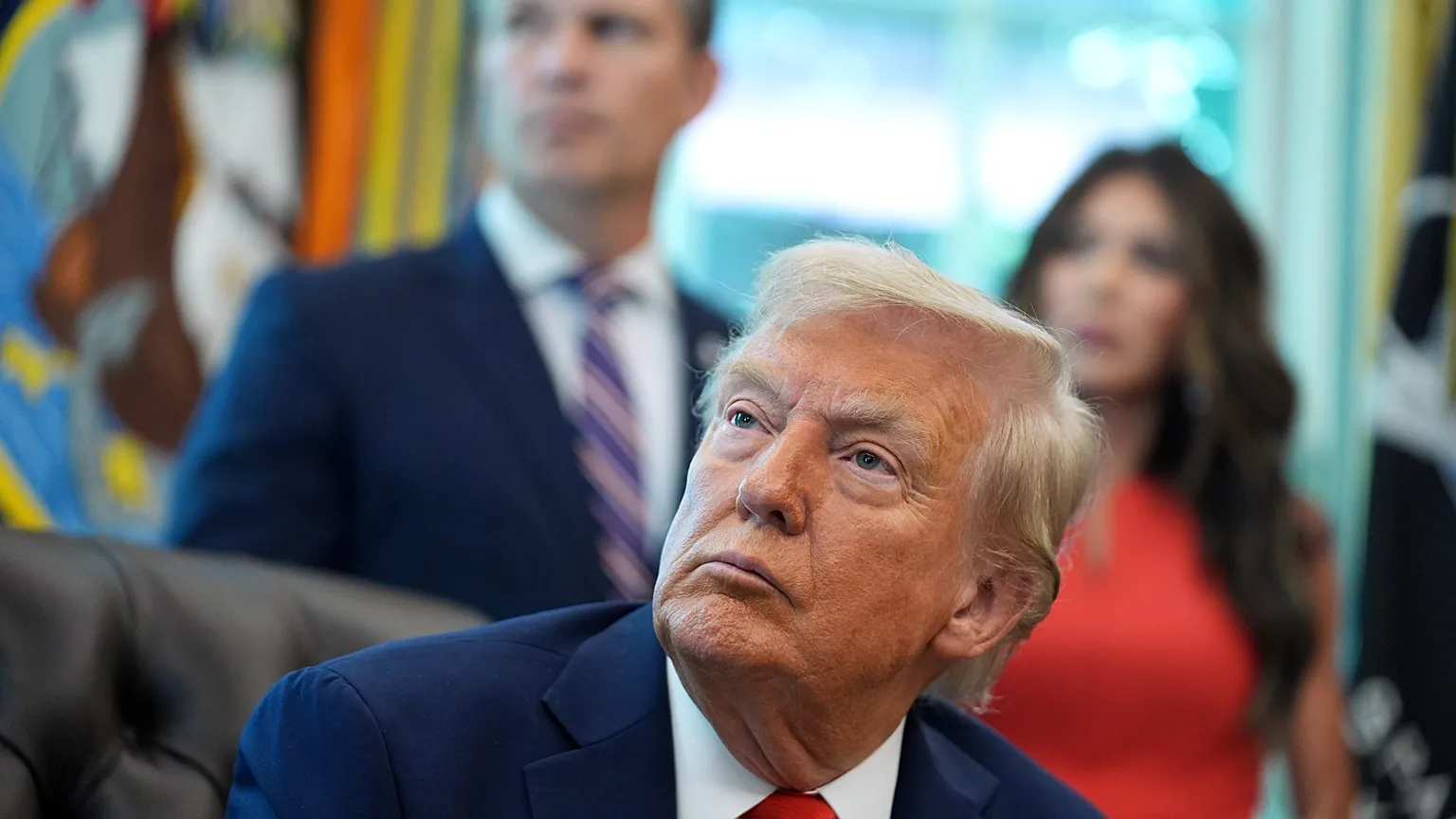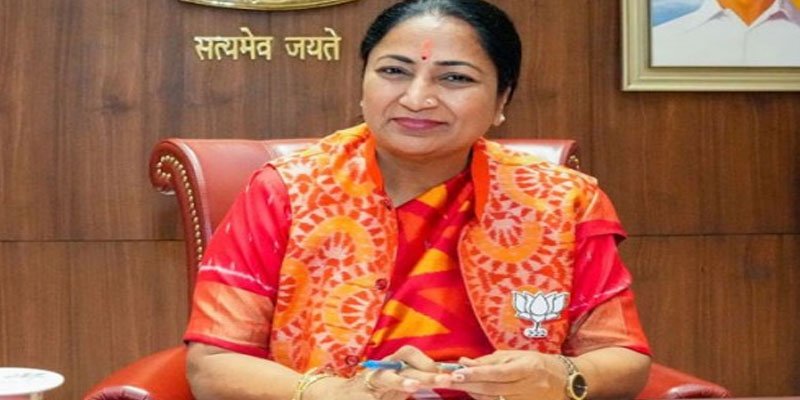
India's Security at Risk with Çelebi Aviation
The 2025 Indo-Pakistan conflict, sparked by the Pahalgam terror attack, has thrust India’s national security into sharp focus, exposing vulnerabilities in its critical infrastructure. At the heart of this debate is Çelebi Aviation, a Turkish firm managing sensitive operations at nine Indian airports. Its ties to Turkey’s political and military elite, amid Ankara’s support for Pakistan, highlight the delicate balance between global commerce and national security.
Since 2008, Çelebi has handled ground operations and cargo at major airports like Delhi, Mumbai, and Bengaluru, managing 58,000 flights and 540,000 tonnes of cargo yearly with 7,800 employees. Its access to restricted airside zones, particularly Delhi’s VVIP technical area near the Prime Minister’s aircraft, raises alarms. Alleged links to Sumeyye Erdoğan, daughter of Turkish President Recep Tayyip Erdoğan and wife of Baykar drone manufacturer Selçuk Bayraktar, intensify concerns, given Baykar’s drone supplies to Pakistan.
Turkey’s defense exports, reaching $7.1 billion in 2024, fuel regional tensions. Pakistan, a major buyer, used Turkish Bayraktar TB2 drones during Operation Sindoor, while Bangladesh deploys them near India’s borders. Turkish Air Force deliveries to Pakistan in April 2025 further underscore Ankara’s alignment with India’s adversaries.
Çelebi’s operations, involving cargo and airside access, pose risks beyond sabotage. Experts warn of intelligence gathering—tracking VVIP movements or military flights—enabled by its strategic access. The firm’s security clearance, granted post-2008 Mumbai attacks despite opposition, is now revoked, reflecting heightened scrutiny.
Public outrage has surged, with travel bans to Turkey and severed ties with Turkish Airlines. Political groups like Shiv Sena demand Çelebi’s ouster, while the Swadeshi Jagran Manch calls for economic sanctions. Turkey’s $240 million FDI in India, spanning metro and defense projects, faces review.
The Çelebi case underscores the need for robust oversight of foreign entities in critical sectors. India must prioritize sovereignty, adopting policies to mitigate hybrid threats and ensure national security in a globalized world.









